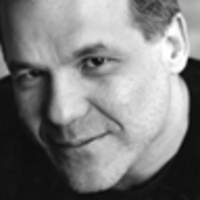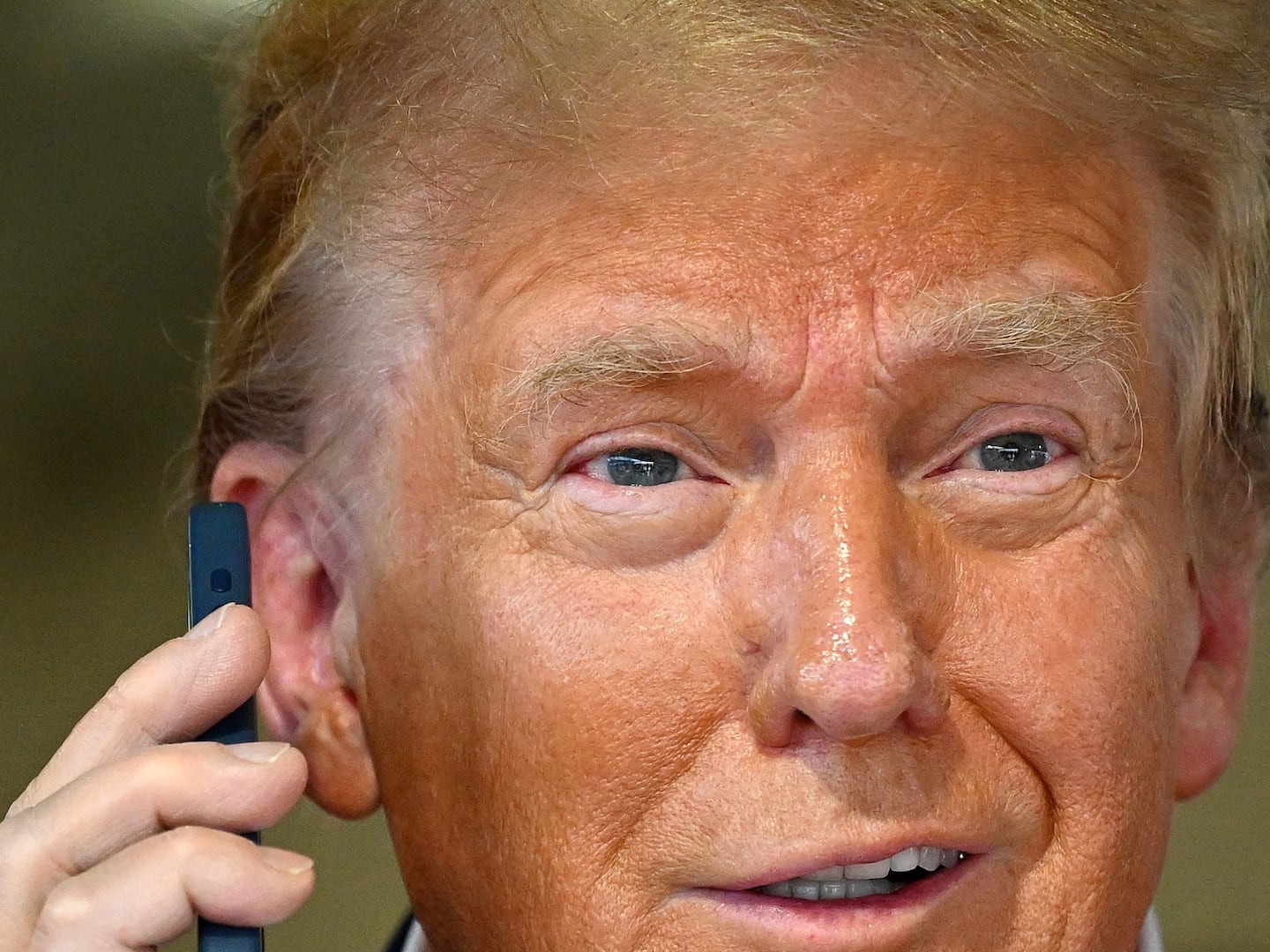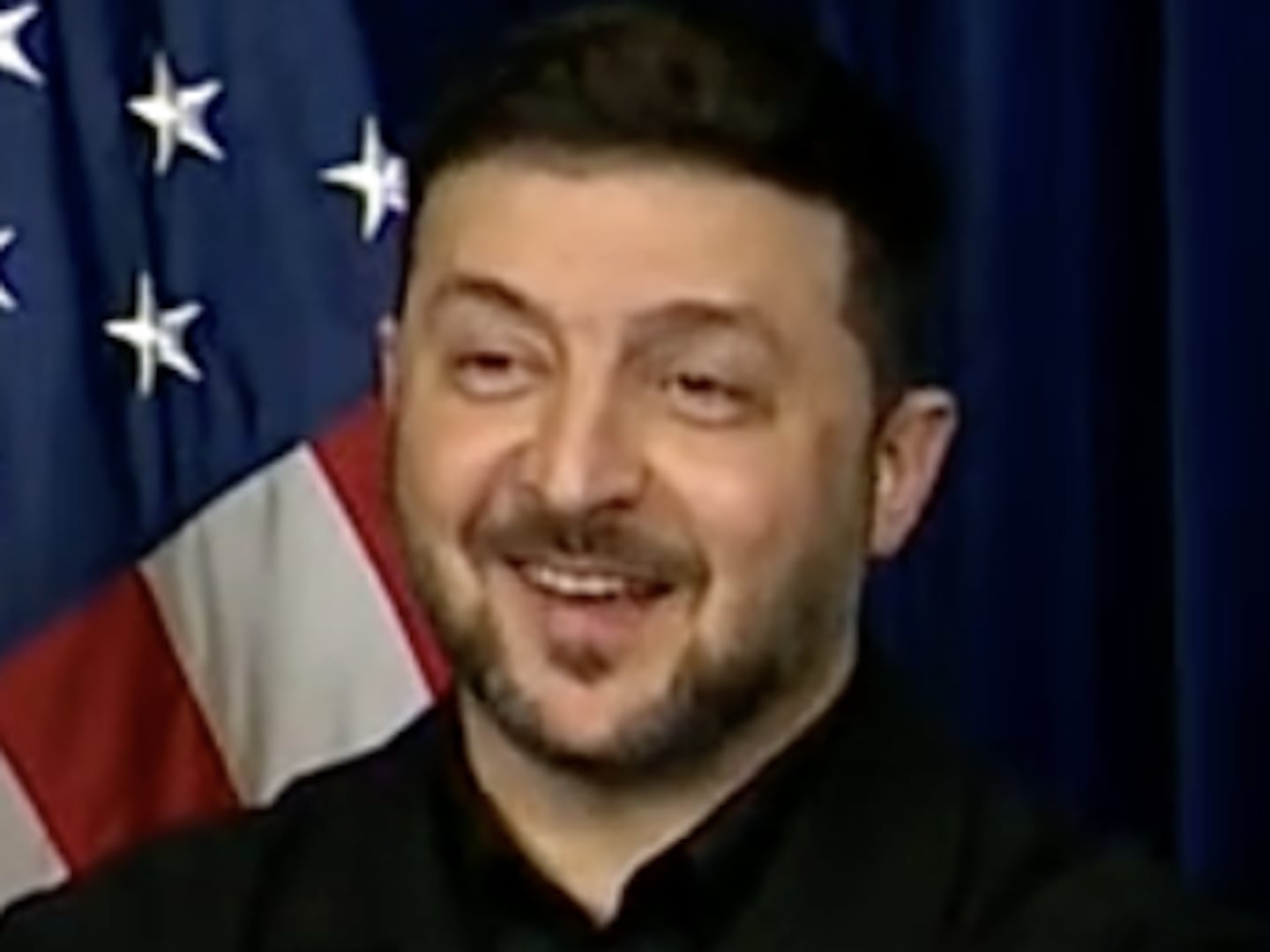
The contest over Sonia Sotomayor’s fitness to serve on the Supreme Court seems to be shaping up as an argument over affirmative action. But what is really at stake—and what President Obama has shrewdly put at stake—is the myth of humble origins. It seems that the election of the nation’s first black president, a man whose rise has been breathtaking, has done nothing to resolve our perplexity over just what the mechanics of social ascent should be.
The argument over what Judge Sotomayor thinks about the social roles of character, luck, and the helping hand promises to change the way we think about American government, American chances, and the ideal moral qualities of the American journey.
With Sotomayor’s confirmation hearings, Obama’s personal fusion of the self-made and the outwardly assisted paths in life could well advance our shared understanding of American social ascent.
The myth of humble origins was once a simple story. Beginning with Benjamin Franklin’s worldly Autobiography, and continuing through Horatio Alger’s sanitized 19th-century stories of plucky boys making their way in the world, the national master-narrative of social ascent had a sunny arc.
America’s exceptionalism lay in its rejection of birth and class as criteria of individual worth. Ample opportunities stretched before the person gifted and disciplined enough to rise through society by dint of character and hard work. For the first time in history, a person born on society’s margins could make his way to its vital center in the natural course of things.
But the belief in ascent on the basis of merit alone began to run up against new realities. Not just any poor man could flourish in America. Society became sensitive to the fact that Old World obstacles like birth and class had been replaced by the hurdles of gender, race, and ethnicity (nor had birth or class disappeared as barriers). That was when our cherished notion of beginning with nothing and rising through society stopped being so simple and started to divide people into bootstraps individualists and proponents of the governmental helping hand.
The myth of humble origins has been used to prove personal worth both by conservatives (Ronald Reagan, Clarence Thomas’ congressional supporters) and by liberals (Bill Clinton, Barack Obama). It can exemplify the conservative belief that honesty, hard work, and responsibility will carry an individual over the most overwhelming obstacles. It also can bear out the liberal conviction that only through the government’s benevolent intervention can the qualities of honesty, hard work, and responsibility overcome social hurdles—like prejudice, or poverty—too mighty for a lone individual to surmount.
It was this inherent tension behind attitudes toward the myth that allowed conservatives, during the 1991 Clarence Thomas hearings, to dare liberals to attack a humbly born person whose career some considered the product of affirmative action—the very policy that liberals had championed as balancing the odds between socially privileged and socially beleaguered. The same tension is now allowing liberals to dare conservatives to attack their nominee and therefore to reject the moral value of a person fighting his or her way to the top from the bottom—the very experience that conservatives champion as being the essence of our national promise. Both sides prize individual gifts and grit, but conservatives think that “leveling the playing field” insults the idea of individuality, while liberals believe that allowing social attitudes to stand in a person’s way insults that same idea of individuality.
Shared moral premises leading to antithetical conclusions are why humbly born Lyndon Johnson could invoke his experience of rising through society in arguing for social entitlements like food stamps and Medicare, while humbly born Ronald Reagan could invoke his similar experience in advocating the dismantling of social entitlements like food stamps and Medicare. Since both arguments rely on triumphant ordeals that become the essence of a personality, they are impossible to refute without seeming to disdain not simply someone’s ideas, but his whole existence.
The resurgence of the debate over affirmative action, if it takes place, will revive such considerations of governmental power, social justice, and the moral and psychological effects of giving and taking help. But the myth of humble origins has undergone some important changes.
One of the most consequential is exemplified by the rags-to-riches story of Oprah Winfrey. In place of Alger’s Protestant-ethic-driven tales, Winfrey has crafted a tale of the power of faith and grace. Work carried Alger’s young heroes through; saying “I can” does it for Oprah’s people. Oprah’s gospel, such as it is, compounds Christian fundamentalism with plentiful doses of self-help philosophy.
Just as the last presidential election demonstrated that the boundaries between liberal and conservative had blurred to some degree, the self-help outlook has shaped both liberal and conservative responses to social ascent. On the one hand, it celebrates individual drive and will, and on the other, it deemphasizes character and responsibility and stresses help—intervention, if you will—from spiritual gurus and therapeutic counselors.
President Obama himself embodies this convergence of liberal and conservative attitudes toward the myth of the humbly born, as he seems to have taken great pains to illustrate in his autobiography. He is self-made in the most individualist American tradition of gifts and grit, and also the beneficiary of assisting boosts on account of his race. His memoir illustrates both his rise on the wings of character and hard work, and hints that, as he wrote as a law student at Harvard in 1990, he had “undoubtedly benefited from affirmative action” in his academic career. Obama’s admiration for Lincoln, a humbly born advocate of bootstraps individualism if ever there was one, plus his commitment to “empathy” for people in trouble, amounts to a kind of synthesis of right and left attitudes toward social ascent. Before Obama, those two social perspectives were bitterly polarized into two distinct social policies.
However, with Sotomayor’s confirmation hearings, Obama’s personal fusion of the self-made and the outwardly assisted paths in life could well advance our shared understanding of American social ascent. From this point on, each side in the debate over affirmative action is going to have to bend closer toward the other side’s position. Sonia Sotomayor’s Democratic supporters seem to grasp these changing complexities of the myth of the humbly born. Senate Majority Leader Harry Reid said of her that “America identifies with the underdog, and you’ve been an underdog many times in your life,” leaving open the possibility that Sotomayor would be sympathetic to the idea of a governmental helping hand. But he added that she had overcome the obstacles that stood before her time and again and always emerged as the “top dog,” perhaps implying that, empathetic as this humbly born nominee may be—and liberal protestations to the contrary—she values winning most of all.
Lee Siegel has written about culture and politics and is the author of three books: Falling Upwards: Essays in Defense of the Imagination; Not Remotely Controlled: Notes on Television; and, most recently, Against the Machine: Being Human in the Age of the Electronic Mob. In 2002, he received a National Magazine Award for reviews and criticism.






